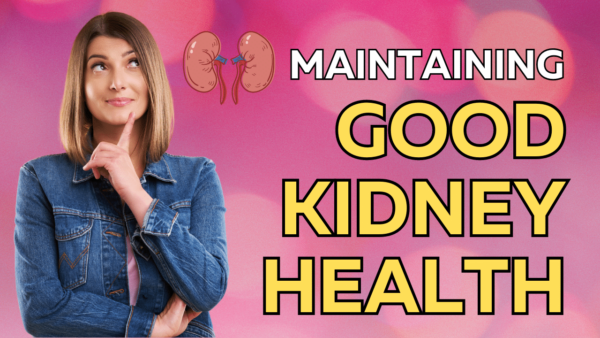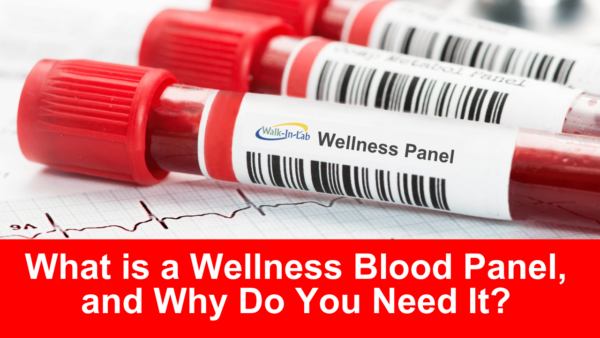Do adults need vaccines? Yes. It’s that simple.
Why? Adults need vaccines for any reason, not the least of which is that some of the protection gotten from childhood vaccination can wear off over time. So, it’s necessary to make sure you’re still immune. Also, strains can evolve over time. That means you have to make sure your protection evolves with it.
The same goes for booster shots. Some routine vaccines like tetanus and diphtheria need to be re-upped every ten years. And other vaccines like HPV or hepatitis need follow up boosters within a few weeks or months to take full effect.
Your age, lifestyle, and health conditions are major factors in whether you get vaccinated as an adult. Pregnancy, taking care of young grandkids, weakened immune system, chronic illness, travel, attending or returning to school, or if you are sexually active will determine which vaccines are important.
One adult group that is most in need of being up to date on vaccination is healthcare workers. Not only do they have to protect themselves, but they have to protect their patients as well. It won’t do for sick people to get even sicker because a healthcare worker or volunteer wasn’t properly immune to the various diseases they encounter daily.
Going back to school or travel abroad requires you to at least be up to date on routine immunizations like tetanus, measles, mumps, rubella, diphtheria, hepatitis, and HPV. Beyond the routine immunizations you may be asking, what vaccines do I need to travel? And that really depends on where you will travel and what type of travel you are doing. Maybe you are visiting a major city in a particular country or possibly touring the wild and wilderness of that same country. Your needs for immunizations really depend on your itinerary, so be sure to research.
Now that you know you need vaccines and boosters and have considered all of the lifestyle choices that affect those vaccines, what are the recommended immunizations for adults?
1. Influenza Vaccine
What adult vaccines do you need? A good starting place for everyone is the flu shot. The Centers for Disease Control recommends that people should get an annual flu shot. The flu vaccine is designed to protect you from the most common and anticipated flu strains to affect people that year. Check with the CDC website to see what changes have been made to the annual flu shot, which can be anything to the particular strain to the delivery system available.
2. Shingles Vaccine
The shingles vaccination is a fairly new vaccine that the FDA approved in 2006. Shingles can be caused by the reactivation of the chickenpox virus and the vaccine is only for adults. Your chance of developing this painful rash increases with age and the vaccine reduces your risk by 51%. If you do develop Shingles, see your doctor right away. If caught early, the symptoms of the disease can be treated, which makes them less severe. If you wait too long, however, you’ll suffer the disease’s full effects.
3. Hepatitis B Vaccine
It’s tough to know if someone has hepatitis B. You could carry the virus without being sick or have symptoms. Hepatitis B can be spread through sexual contact (blood, semen, vaginal fluid) but it can also transmit through insect bites, scratches or exposure to contaminated needles. Because hepatitis B exists everywhere and is easily transmitted, adults need vaccines when they are traveling or are sexually active.
4. Tetanus Vaccine
Tetanus is an infection that produces a toxin that causes painful muscle contractions that affect the neck and jaw. Tetanus is different because it isn’t a disease but is caused by contaminated soil, dust, and manure and the bacteria enters the body through a cut or abrasion on your skin. The tetanus vaccine is coupled with the diphtheria vaccine, and you should get this shot every ten years.
5. Diptheria Vaccine
Adults need a diphtheria vaccine, that is coupled with your tetanus vaccine, every ten years. Diphtheria is an infection that causes a thick covering in the back of the throat. It spreads from person to person through coughing and sneezing and can lead to difficulty breathing, heart failure, paralysis, and death.
6. Measles, Mumps, Rubella Vaccine
This vaccine often referred to as MMR, protects against three diseases: measles, mumps, and rubella. By getting the vaccine, you are boosting and building your body’s immunity to fight these diseases, should you actually contract them. The illness would be milder and may not present symptoms. It’s important to know what your immunity is to these three diseases and get this vaccine, even if you aren’t sure.
7. Pneumococcal Vaccine
If you have a chronic illness or a weak immune system, it’s important to get the pneumococcal vaccine. This immunization helps prevent diseases like pneumonia, meningitis, and any blood infection caused by the streptococcus pneumoniae bacteria. If you are over the age of 65, you should get a pneumococcal vaccine regularly.
8. Human Papillomavirus Vaccine
HPV is the most common sexually transmitted infection, in fact, most people who are sexually active will contract HPV during their life. There isn’t a test to determine if you have HPV and that is why a vaccine is important. You may never suffer any symptoms or even know that you had HPV, but it can also progress to certain cancers.
For a lot of us, we might not even remember the last time we were properly vaccinated. The easiest way to check your immunity is through a blood test. This test will show if you have the proper immunity or if you need to get any or some of the above vaccines. However, even if the test shows that you should get protection, talk to your doctor to make sure the vaccine won’t potentially conflict with any other treatments.
Get started. Schedule your lab tests now by finding a LabCorp location or Quest Diagnostics location near you. Shop our STD tests online.

